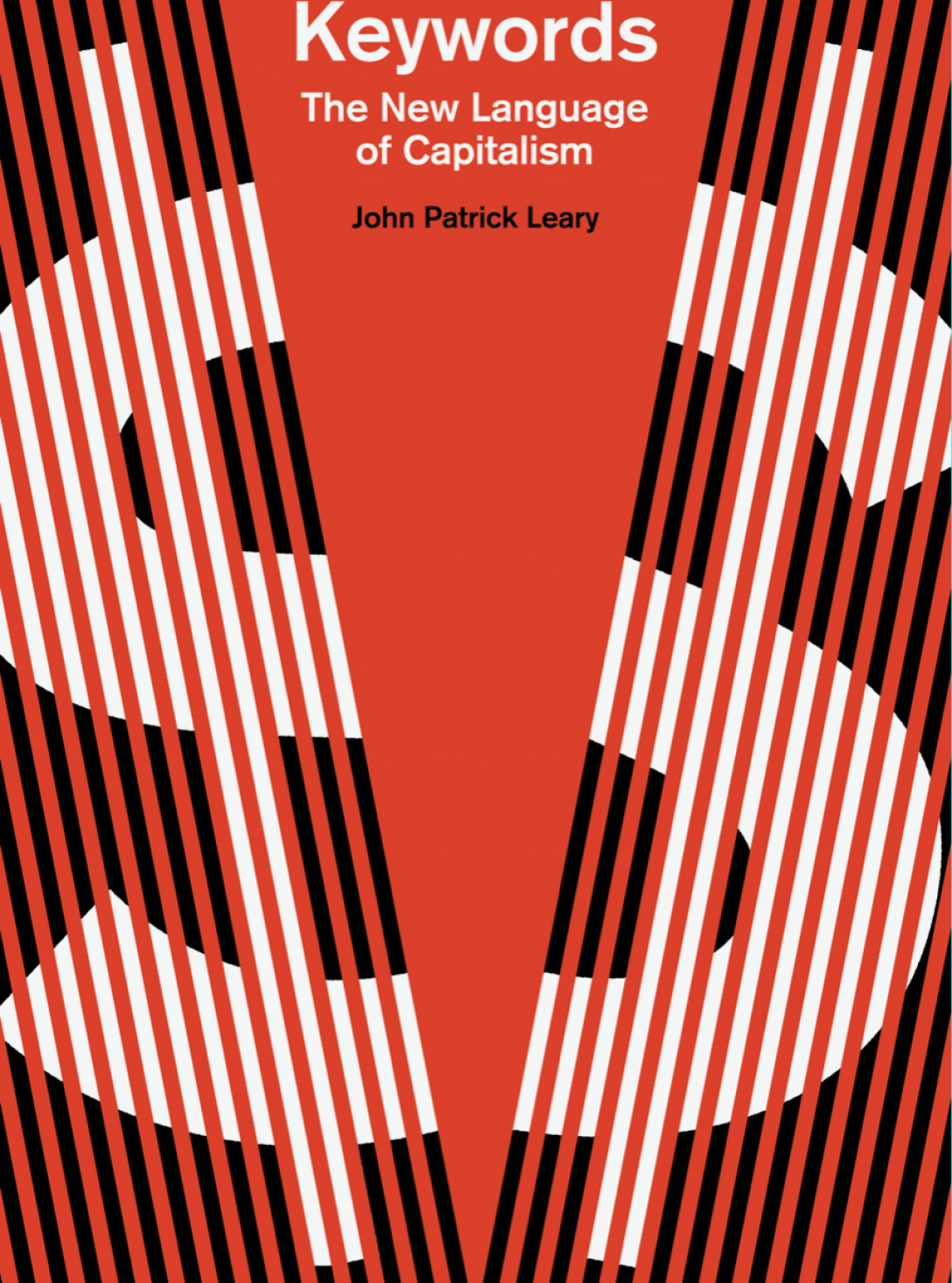
Bernie Sanders’ proposals for medicare-for-all and universal student debt relief have fired up the wonks. Charles Lane recently wrote a column in the Washington Post that has some bad news for American democratic socialists: actually, Nordic social democracy isn’t socialism. And he has a JP Morgan Chase report to prove it.
These countries are generous; but they are not stupid. They understand there is no such thing as “free” health care, and that requiring patients to have at least some skin in the game, in the form of cost-sharing, helps contain costs.
The use of the metaphor “skin in the game” in private health care is rather grotesque, when you think about it, but it’s also weirdly appropriate, for reasons that will hopefully become clear. The phrase is an example of synechoche–using a part for the whole, in this case one’s skin for one’s self. The referent of the skin comparison, however, is an issue of some etymological controversy in the Oxford English Dictionary. The dictionary asks, inconclusively, whether we are meant to be “risking our skin,” our health and personal safety, or “laying down some skin,” i.e. putting down money, in which “skin” is somewhat old-fashioned American slang for a dollar bill. Related to this last is the metaphor of skinning as swindling, or “fleecing.” So there are three competing metaphors here: flesh, finance, and theft.
As for the first: “skin in the game” calls to mind the Shakespearean phrase “a pound of flesh,” that which is demanded by the usurious Shylock to settle Antonio’s unpaid debt in The Merchant of Venice. Shylock really means to collect literally on this debt, to Antonio’s surprise and distress. The metaphors are somewhat different–a pound of flesh is demanded, cruelly, by a lender, while skin in the game is said to be owed, fairly, by a debtor or stakeholder. But while Antonio eventually gets out of his flesh bond, we’re supposed to keep our metaphorically flayed skin in whatever game Charles Lane thinks we’re playing at the hospital.
The second two meanings are (also) financial–though as any reader of American news knows, politicians love to use it as a way of justifying austerity as a form of moral “accountability.” (Paying more fees for public services you used to get for free ensures that you have “skin in the game.”) The OED attributes the popularity of the phrase to U.S. business culture, where it refers to a financial stake in a venture. We might also think here of the “game” in the phrase–a card game, perhaps, like skin. Sample usage, from the autobiography of Rudolph Alexander: “The guys were always playing Skin and that was a game that I refused to play. In my opinion, winning was based on luck or cheating.”
And then there’s the confidence game. As William Safire wrote in his short discussion of “skin in the game” (what can I say; when you’re right you’re right), “the skin game throughout the 19th century was ‘a confidence game,’ and paper dollars taken from suckers were known as skins.”
So how do we bond these metaphors of flesh, finance, gambling, and theft to the argument about health care Lane is making? Well, firstly, he’s not making one; saying we should have “skin in the game” is an assertion that it is fair to pay for health care as a commodity, not an argument for why it is. And this is the function of phrases like this: to avoid scrutiny by generating, as a kind of ancient folk wisdom, an unexamined confidence in the way things currently are.
If for-profit health care is a game, winning it is mostly based on luck, the distinctions between who gets sick and who doesn’t, who has “good” health insurance and who doesn’t, who lives in the right zip codes and who doesn’t, and so on. In the case of health care, “skin in the game” makes almost literal the pound of flesh that is demanded of us as health debtors–what else do we have in the game of our own health but our skin?
